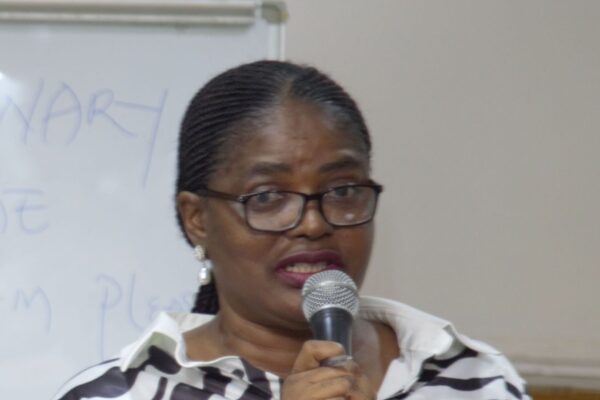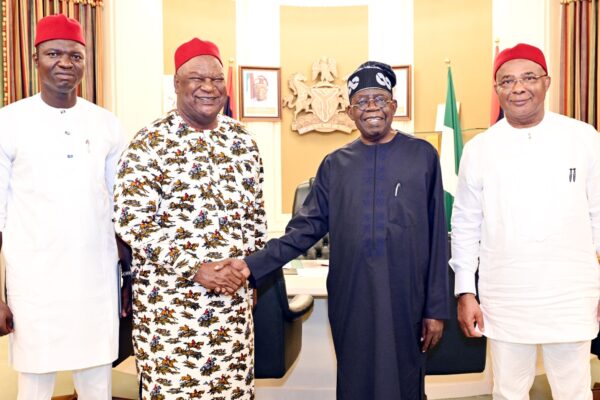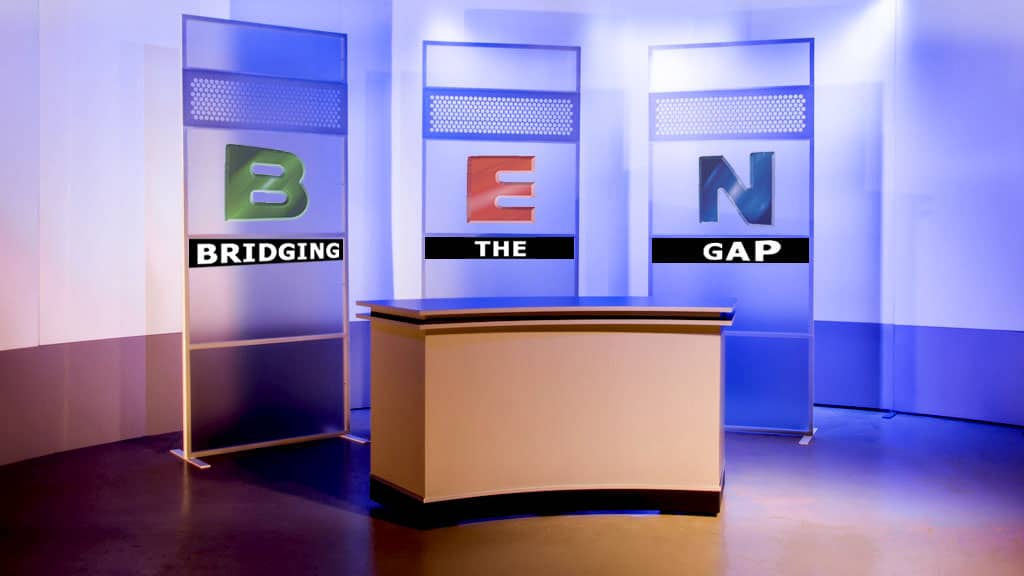Members of the House of Representatives were, on Tuesday, divided over a bill seeking to allow states to individually determine the minimum wage suitable for them.
Presently, the Federal Government maintains the exclusive powers to negotiate and determine the national minimum wage for workers across the three tiers of government in Nigeria.
On Tuesday, a bill seeking an amendment to the 1999 Constitution by removing matters relating to wages from the Exclusive Legislative List to the Concurrent Legislative List narrowly passed second reading due to the division among the lawmakers on the proposal.
When a bill in the House that is making the proposal becomes law, respective state and local governments will be able to determine different wages for their workers, a development that the Deputy Speaker, Ahmed Wase, and some others said would worsen the plights of labour in the states.
The legislation is titled ‘A Bill for an Act to Alter the Constitution of the Federal Republic of Nigeria, 1999 (as amended) to, Among Others, Transfer the Subject Matter of Minimum Wage Prescription from the Exclusive Legislative List Set Out Under Part I of the Second Schedule to the Concurrent Legislative List Set Out Under Part II of the Second Schedule to the Constitution; and for Related Matters.’
Leading the debate, the sponsor of the bill, Mr Garba Datti Muhammad, said respective governments should determine wages in accordance to available resources.
After prolonged and heated negotiations between the workers, employers and the government, the President, Major General Muhammadu Buhari (retd.), had in 2019 forwarded an executive bill to the National Assembly for amendment of the National Minimum Wage Act.
The President signed the passed bill into law in April 2019, raising the minimum wage from N18,000 to N30,000.
Some states have, however, been unable to pay the new wage.
For instance, the Kano State Government has reverted to N18,000 minimum wage.
On Tuesday, Muhammad said, criticised the imposition of a national minimum wage when the resources available to the Federal Government are at variance with those available to the states or each state.
He said, “The resources available to the states also differ and while some states may be able to afford the national minimum wage, others may not. Within the states, the resources available to the local government councils also vary but they are also subjected to the national minimum wage.
“The Governor of Ebonyi State (Dave Umahi) alleged that the local governments would need to borrow N1bn to service salaries while some states allege that they would spend 100 per cent of their earnings to pay salaries.
“Under the independence and 1963 Constitutions, prescription of minimum wage was a concurrent matter to be legislated upon by both the federal parliament and the states.”
“This decentralisation of the prescription of the minimum wage does not shut the door on labour from negotiating. What it means is that labour will have to negotiate with each state to ensure that the minimum wage in each state is reasonable in the circumstances of that state.
“Labour already has experience of this as usual. In the aftermath of every minimum wage review, it has to engage in protracted negotiations with individual states over consequential wage adjustments, amongst others.
“The proposed alteration to the Constitution will inch us closer to true federalism by devolving power from an over-burdened centre to the component states. The above considerations, all point to making the subject matter of prescription of the minimum wage a comment matter
“This is an opportunity to resolve the controversies that attend the determination of the national minimum wage once and for all as well as it is another step towards devolution of powers and true federalism.”
The lawmaker added, “Every attempt to stipulate the national minimum wage has always been controversial.
“The attempt to bring it up to N18,000 was met with vehement opposition by many of the states, which insisted they did not have the resources to pay. While some of them had not been paying, the national minimum wage was then raised to N30,000 again with many states vehemently opposing it.
“On the other hand, the Nigerian Labour Congress continues to advocate the national minimum wage and sees it as the culmination of collective bargaining.”
Wase, however, described the proposal as anti-masses and anti-workers, urging the lawmakers to vote against it.
The Deputy Speaker stated that states should not be allowed to determine the minimum wage, as most states will take advantage of the situation to pay the workers’ wages that will not take care of their interest.
Wase added that the Constitution stipulates that the welfare of the people is the responsibility of the government, adding that even when the states have the resources to pay, many states have refused to pay workers’ wages due to them.
Chairman of the House Committee on Tertiary Institutions and TETFUND, Aminu Suleiman, also warned that governors and state governments would abuse the proposed law.
Suleiman stated that states that are not paying the stipulated minimum wage have the capacity to do so but waste resources by refusing to prioritise their projects.
“If we pass this law, we will be giving states the latitude to whatever they want. We should have the security of the workers at heart,” he said.
Similarly, Chairman of the House Committee on Army, Abdulrazak Namdas, warned that some states might set the minimum wage to as low as N2,000. “If we pass this bill, we will one day bring another bill to set it aside because the states will abuse it,” he said.
More lawmakers, however, expressed their support for the bill, describing it as one of the finest legislation to be considered and passed by a Nigerian parliament.
Those who spoke in favour of the bill included Messrs Uzoma Nkem-Abonta, Babajimi Benson, Sada Soli and Ben Mzondu.
The Speaker, who earlier expressed doubt about the fate of the bill due to Wase’s criticism as Chairman of the House Committee on Constitution Review, eventually referred it to the same panel.
—————————————————————————————————————————————
Your help to our media platform will support the delivery of the independent journalism and broadcast the world needs. Support us by making any contribution. Your donation and support allows us to be completely focus, deeply investigative and independent. It also affords us the opportunity to produce more programmes online which is a platform universally utilised.
Thank you.
Please click link to make – DONATION







